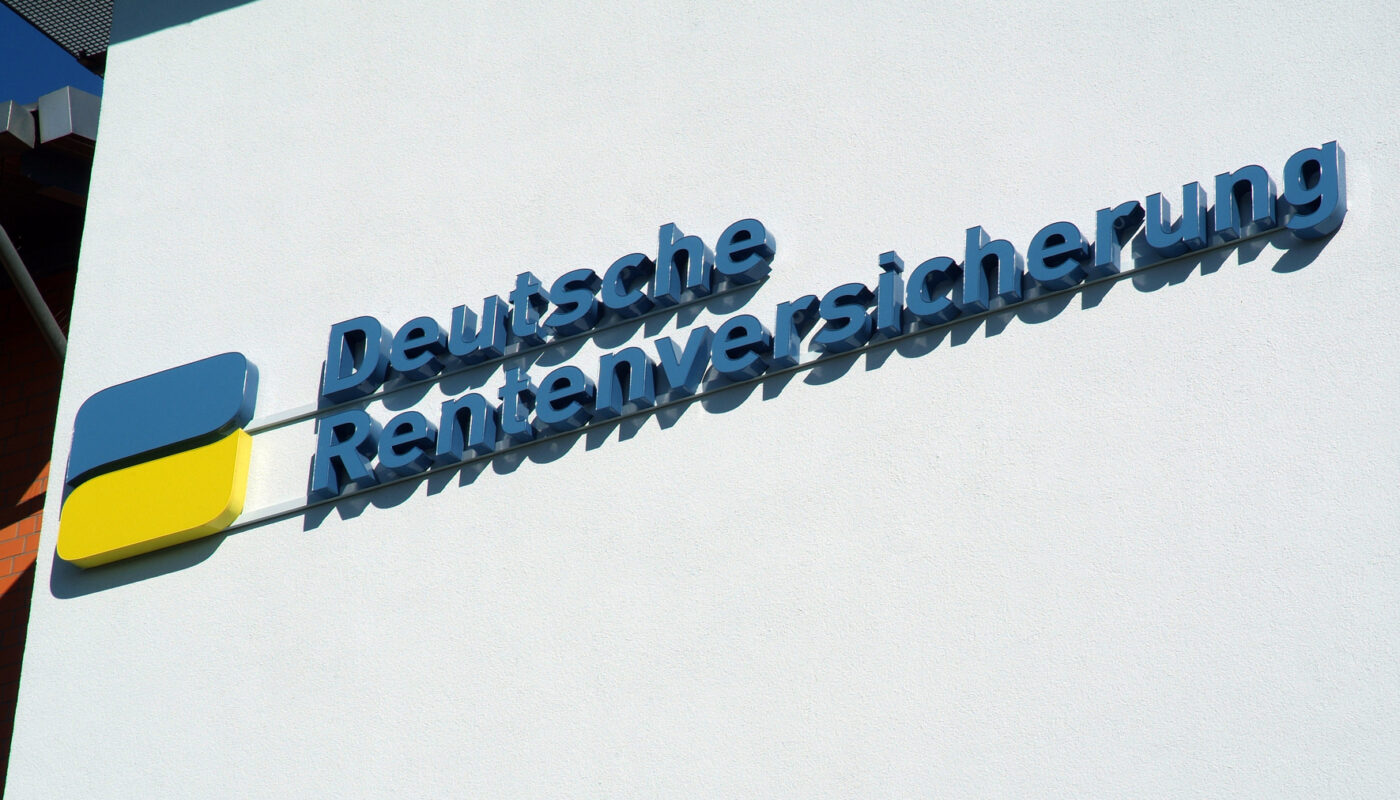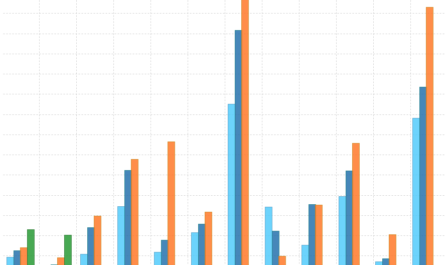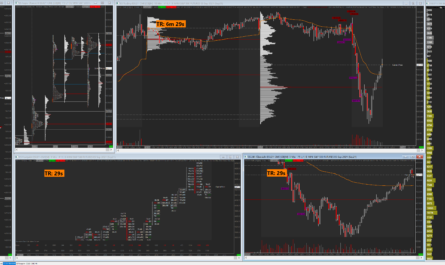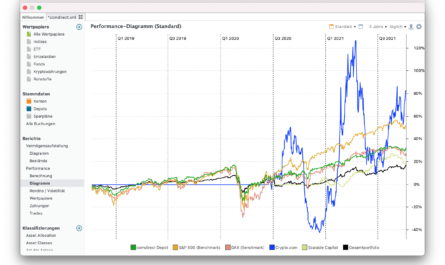The fact that the German pension system is in need of reform in order to provide future generations with a fair and adequate amount has already been reported on several times in this blog – various calculation examples have been given again and again. The recommendation: In order not to rely entirely on the state and society later on, one should start making provisions for retirement at a young age. However, if you want to go into your well-deserved retirement earlier in order to still be physically fit for vacations and grandchildren, you should make further provisions in advance.
Currently, you can retire at the age of 67 without any deductions. If you want to do this a few months or even years earlier, you either have to have built up sufficient assets, invest more working hours or simply lower your pension level later on. Only those who have accumulated at least 35 years of contributions may retire early with a pension deduction. The German pension insurance then grants an entry age of 63.
High deductions from gross pension
But be careful: for every month you want to retire earlier, you have to give up 0.3% of your gross pension. If you want to retire one year earlier, you have to accept a reduction of 3.6%. For the maximum possible four years, this is a hefty 14.4%. It is only possible to retire without a deduction if you have accumulated 45 years of contributions. After all, the German pension insurance takes into account special years of illness, any pregnancies and unemployment, as well as time spent at school and university – although not always to the full amount.
The amount of the later pension is not only determined by the working hours and thus the time during which one has paid one’s contribution into the pay-as-you-go system for the older generation, but also by the number of pension points. A full pension point is awarded if one has earned at least the average earnings of each calendar year or proportionately more or less – depending on whether one is above or below this value.Later, the number of pension points accumulated is then added up and 36.02 euros for western pensions and 35.52 euros for eastern pensions are paid out.With 30 pension points one gets later thus 1.080,60 euro, and/or 1.0,56,80 euro gross monthly.These rates are likely to be adjusted continuously until later pensions.
The purchase of pension points is usually not profitable
However, the German pension insurance also allows the purchase of pension points.Then via a simple special payment.For this, the contributor must be at least 50 years old and, on top of that, may only purchase a maximum number, which is calculated and assessed by the pension insurance on a case-by-case basis.In addition, only the deductions can be offset by the pension from 63. For a pension point, you currently have to come up with a little over 8,000 euros – probably completely on your own, because with a regularly earned pension point, the employer co-finances half of it.
If you invest these 8,000 euros in a broadly diversified ETF portfolio at an early stage, you can turn them into a considerably larger sum later on, which should then usually suffice in the withdrawal phase to avoid being completely consumed. With an average and yet quite conservatively chosen return, a deposit of 8,000 euros would last about 45 years if one were to pay out the 36.02 euros for a pension point month after month and leave the rest invested. So investing this money early pays off twice: Either it takes more time to use up the deposit or you can have more than one pension point paid out of it every month.
Of course, tax and individual aspects also play a role, which means that the comparison is not entirely fair. However, it shows once again that an early start to retirement planning can pay off, but above all makes you more independent and flexible.







